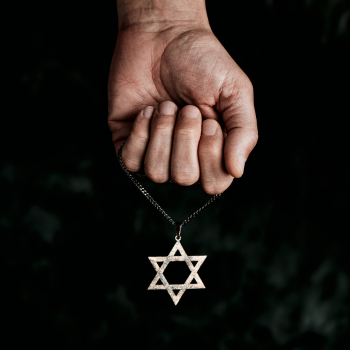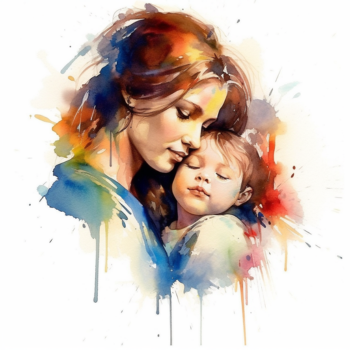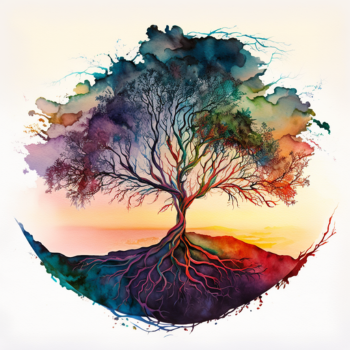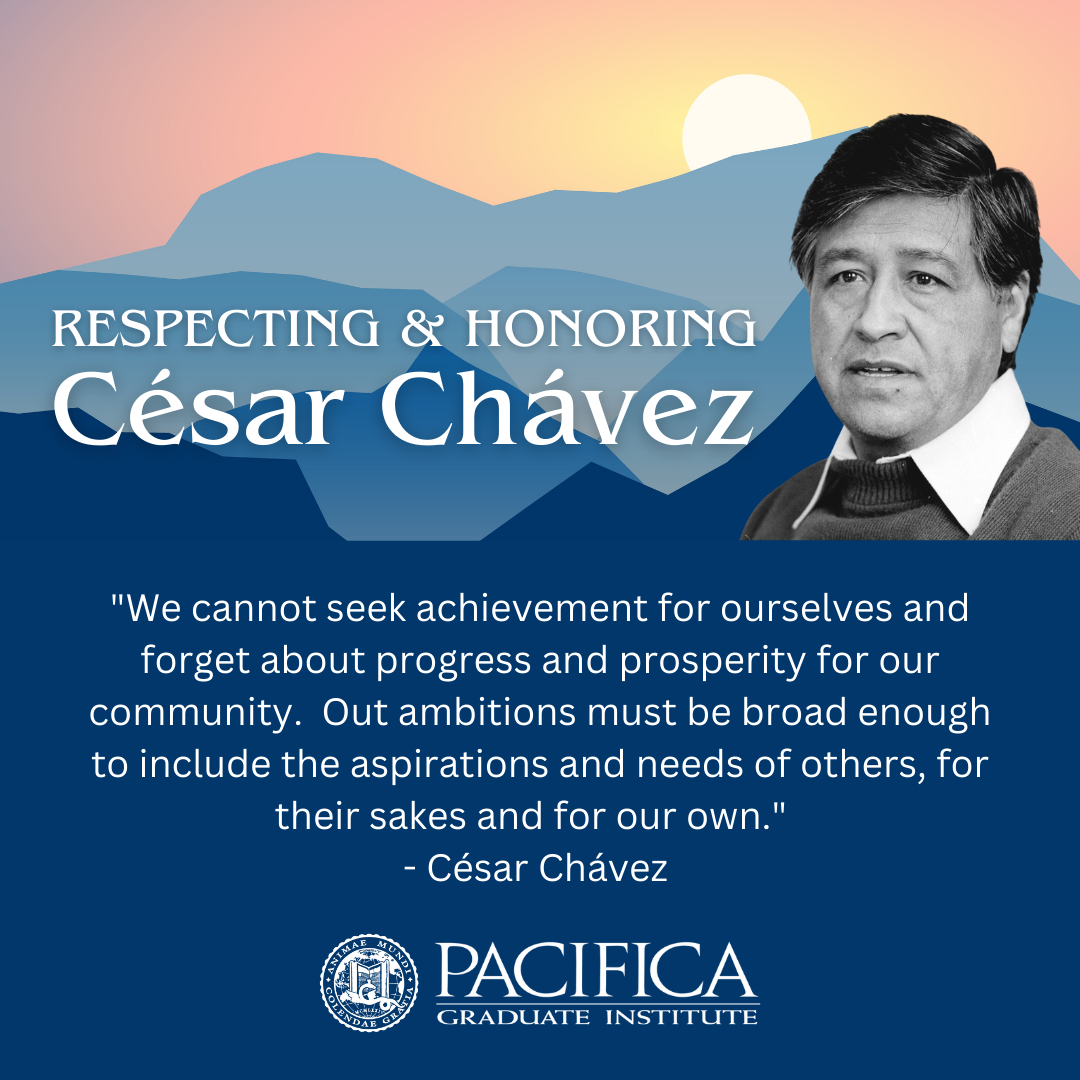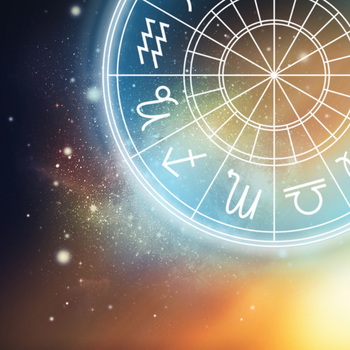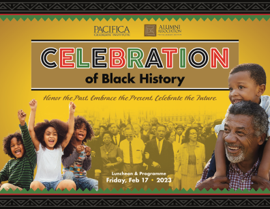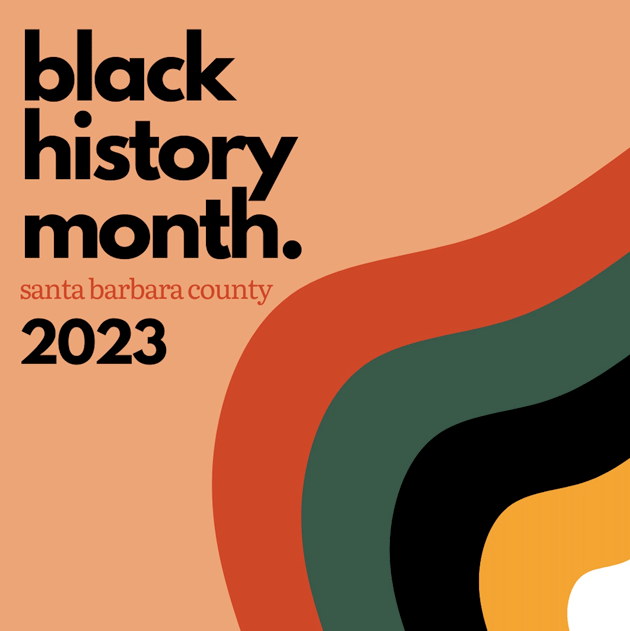What is an archetype? On first hearing the term, you might think it means something like “stereotype.” But archetypes are far richer and more interesting than that, and provide one of the foundational aspects of Jungian depth psychology. One of the earliest beginnings of the idea may be Plato’s writings in the fourth century B.C.E.. Although he did not use the actual term archetype (in Greek, “arche” original, and “typos” form), he did use the term eidos, translated as either Form or Idea. But it was not until the Swiss psychologist, and the founder of analytical psychology, C. G. Jung took up archetypes in works such as The Archetypes and the Collective Unconscious in the first half of the 20th century that it came into prominence in theoretical and psychological discourse.
As Keiron Le Grice, Pacifica’s Co-Chair of the Jungian and Archetypal Studies specialization of the Depth Psychology program, describes Jung’s view of archetypes, “[They] are the universal principles, patterns, and powers that move us all and shape our lives from the collective unconscious—the containing psychological matrix underlying consciousness. They are the governing principles in the background of experience that together comprise a kind of thematic framework within which our lives unfold. The archetypes manifest within and through our thoughts and feelings, drives and desires, and through circumstances and events in the world. They are not causes in the usual sense, but they are enacted by and revealed through causal chains of events.”
Jung focused primarily on a few foundational archetypes, including the shadow, anima, animus, and the Self. Taking myths and symbols as expressions of the psyche, and therefore reflective of the psyche, Jung identified a number of other archetypes, which Le Grice describes as “the hero, the mother, the child, the trickster, the archetype of the spirit (of which the wise old man is one form), rebirth, and Dionysus.” These have trickled down in popular perception into categories such as the sage, the innocent, the explorer, the rebel, the hero, the trickster, the lover, the caregiver, etc.
Read More



